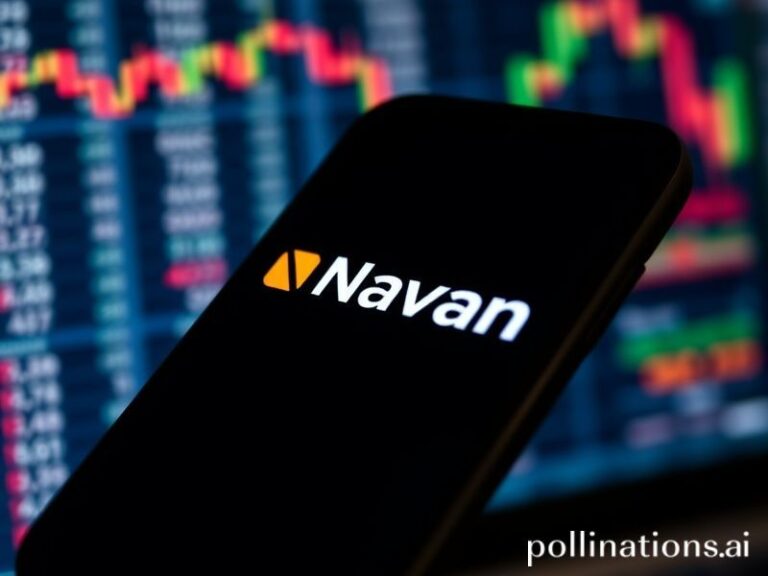Global IPO Circus: How the World Keeps Falling for the Same Wealth-Destruction Pattern
**The Global IPO Pattern: How the World’s Favorite Wealth-Generating Ritual Keeps Proving We’re All Suckers**
In the grand casino of global capitalism, where the house always wins and the players convince themselves they’re investors, the Initial Public Offering remains our most beloved financial ritual. From Silicon Valley to Shenzhen, London to Lagos, the pattern repeats with the mechanical precision of a Swiss watch—or perhaps a Ponzi scheme, depending on your perspective.
The dance begins with breathless media coverage: “Revolutionary Tech Company Set to Disrupt Everything You’ve Ever Known About [Insert Industry Here].” Financial journalists, those professional cheerleaders of the status quo, breathlessly report valuation figures that would make a Saudi oil prince blush. The company’s founders, suddenly worth more than the GDP of medium-sized nations, give interviews about “changing the world” while carefully avoiding mention of their tax domicile in the Cayman Islands.
Consider the recent global parade of IPO disappointments, each one a masterclass in human optimism triumphing over experience. India’s Paytm raised $2.5 billion in 2021, promptly losing 75% of its value—because apparently, losing money on every transaction isn’t a sustainable business model, who knew? Meanwhile, Deliveroo’s London debut saw its stock plummet 30% in a single day, proving that even the British, with their legendary appetite for disappointment, have limits.
The international dimension adds delightful layers of absurdity. Chinese companies list in New York while American tech giants shelter profits in Ireland. European regulators wring their hands about “market volatility” while pension funds from Oslo to Auckland pour retirees’ savings into unprofitable startups named after vegetables or missing vowels. It’s globalization at its finest: a worldwide synchronized swimming performance where everyone pretends the water isn’t rapidly draining.
What makes this pattern truly exquisite is how it transcends cultural boundaries. Whether you’re a German engineer investing in “Uber for helicopter parenting” or a Brazilian dentist convinced that a cryptocurrency exchange run by a 28-year-old in Bermuda represents sound financial planning, the psychology remains identical. The human capacity for believing “this time is different” appears to be the only truly limitless resource on our dying planet.
The broader significance extends beyond mere financial carnage. These IPOs represent our collective willingness to suspend disbelief, to invest in fairy tales because the alternative—accepting that we’ve run out of genuinely productive ways to generate wealth—is too depressing to contemplate. While the planet burns and inequality soars, we’re throwing billions at companies that deliver groceries marginally faster or help teenagers create slightly more annoying videos.
Environmental, Social, and Governance (ESG) investing has added a delicious new layer of hypocrisy. Now we can lose money on “sustainable” startups that burn through venture capital faster than a private jet burns aviation fuel, all while feeling virtuous about our carbon offset certificates—essentially indulgences for the 21st-century investor.
As we witness another cycle of spectacular launches and equally spectacular crashes, one might expect lessons to be learned. Instead, like goldfish discovering their bowl anew each morning, we marvel at each “disruptive” business model as if basic mathematics had been temporarily suspended. The pattern continues because it must; acknowledging that we’ve been funding digital snake oil would require confronting uncomfortable truths about our economic system.
In the end, perhaps these IPOs serve a greater purpose: they’re the expensive therapy sessions capitalism needs to maintain its delusions of efficiency and progress. And at least they provide excellent entertainment value—though at current valuations, that entertainment comes at roughly $50 million per chuckle.







